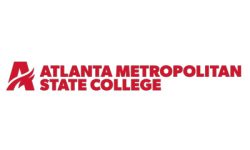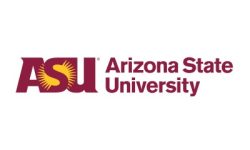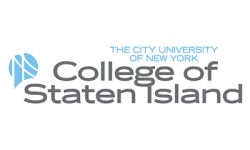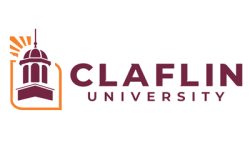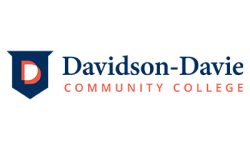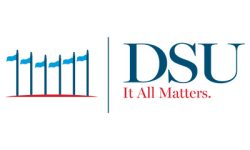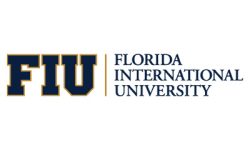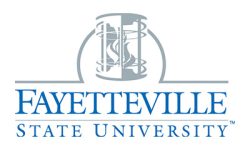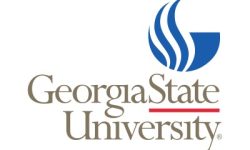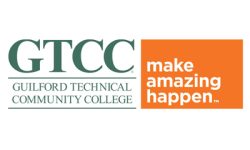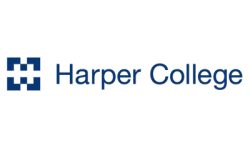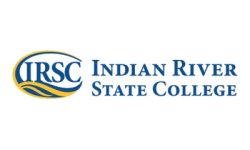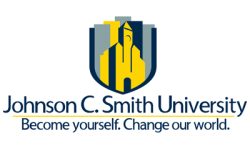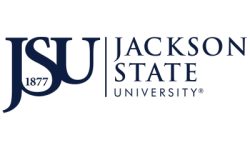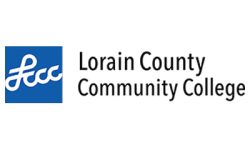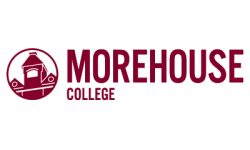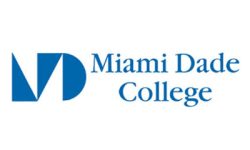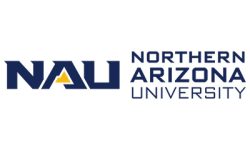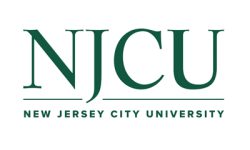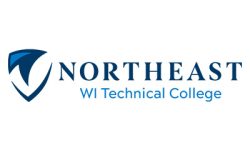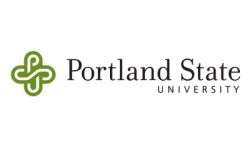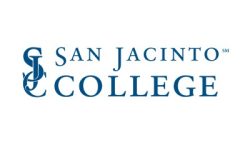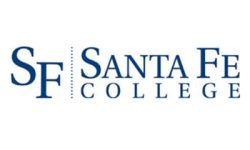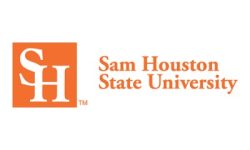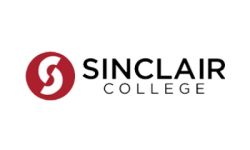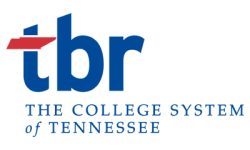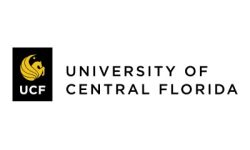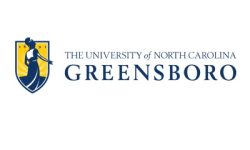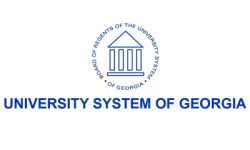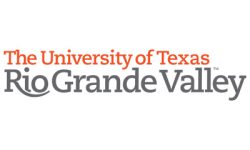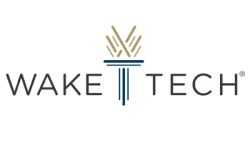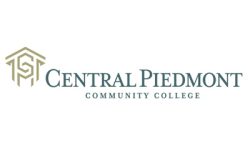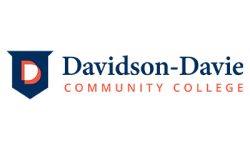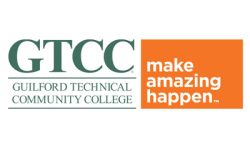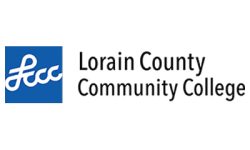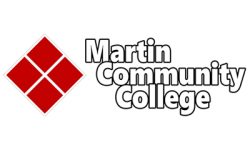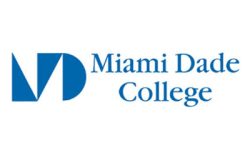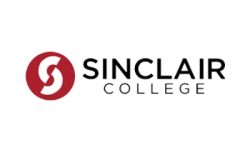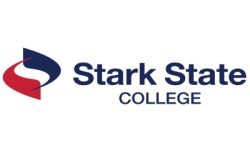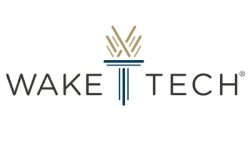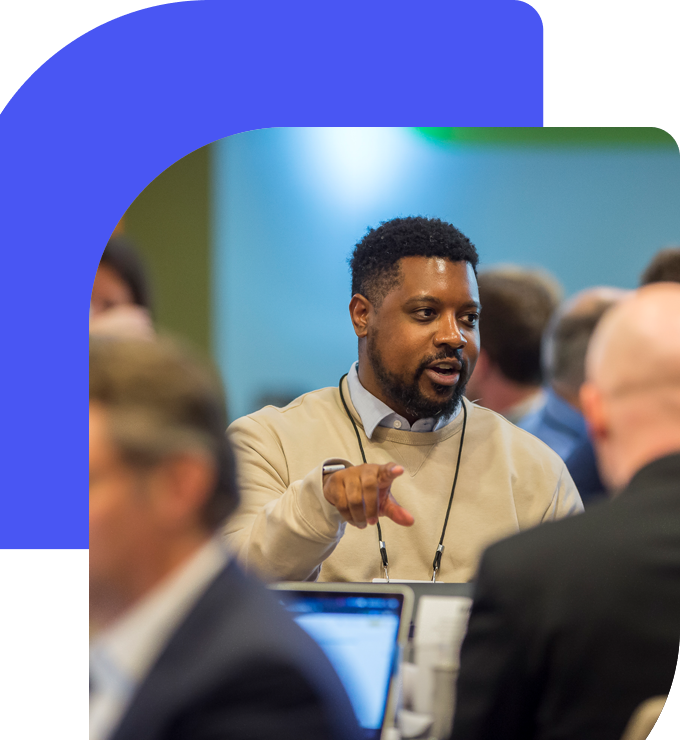
Dear Changemakers,
Transformation in higher education too often feels fragmented or siloed, treated as a one-time initiative instead of the ongoing, systemic process it must be. While the field holds a deep and growing body of knowledge about what works, that knowledge is often scattered, disconnected, or difficult to apply in real contexts.
The challenge isn’t what we know—it’s how to use what we know.
The real work lies in connecting insights to action, making sense of complex reforms, and integrating change across roles, departments, and systems. Without the right support to implement and sustain transformation over time, even strong ideas can stall. The Changemakers Hub was created to change that.
This space is designed to help you bridge the gap between knowing and doing. It brings together field-tested tools, proven strategies, and human-centered insights curated not just for learning, but for implementation. Whether you’re just starting or already deep in the work, this site is here to support meaningful change at your institution. By elevating the identity of higher education professionals as agents of change, we reinforce that transformation is a shared responsibility and ensure that those leading it at every level feel seen, valued, and equipped to drive lasting impact.
We invite you to join a growing movement—applying what we know, empowering those who lead, and building lasting change across higher education.
SINCERELY,
The Curation Team
Meet the Team
Robin Ellis, Tiffany Polite, and Cameron Smither have spent nearly a decade supporting institutions, networks, and funders advancing equity-centered transformation in postsecondary education. Together, they’ve held key roles in national efforts including the Frontier Set (FS), Institutional Transformation Assessment (ITA), Intermediaries for Scale (IFS), and Higher Endeavor. Their work spans strategy, evaluation, field engagement, and implementation—grounded in deep experience driving institutional change from both inside and outside higher education.
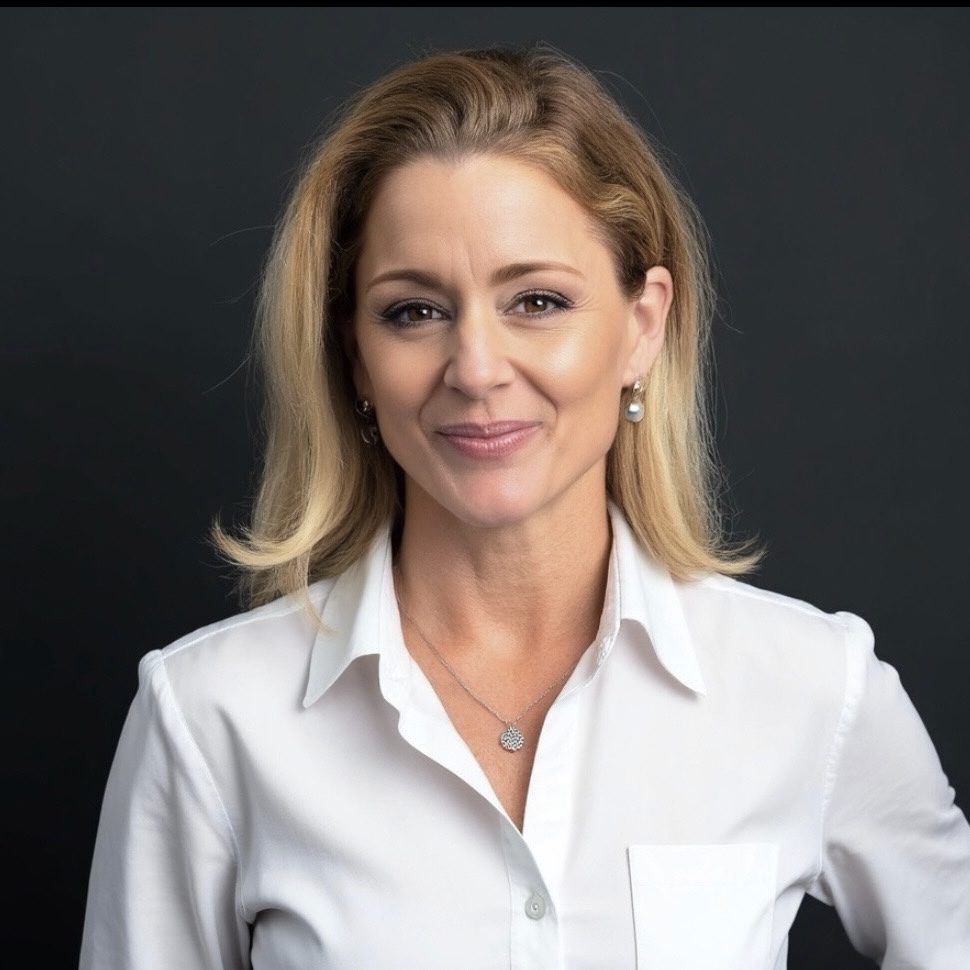
Robin Ellis, Ed.D
Robin is a former Executive Director of Student Success at AASCU with expertise in designing large-scale change efforts that support institutional transformation. She has led national initiatives to help colleges reimagine systems and strategies, working across networks and public institutions to align people, structures, and goals in service of student success at scale.
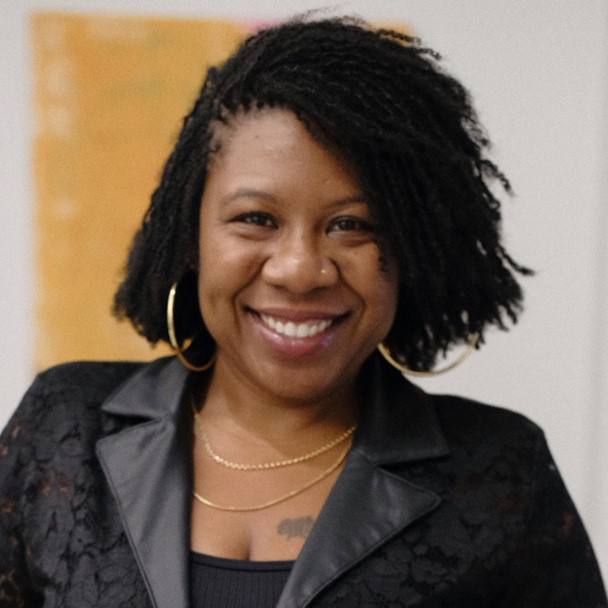
Tiffany Polite, Ph.D
Tiffany is a former Director of Learning and Evaluation at the University Innovation Alliance centering the experience of transformation at public research universities. She supports leaders and organizations as they build capacity for equity-focused change, centering power, strategy, and culture to shift systems and improve long-term outcomes.
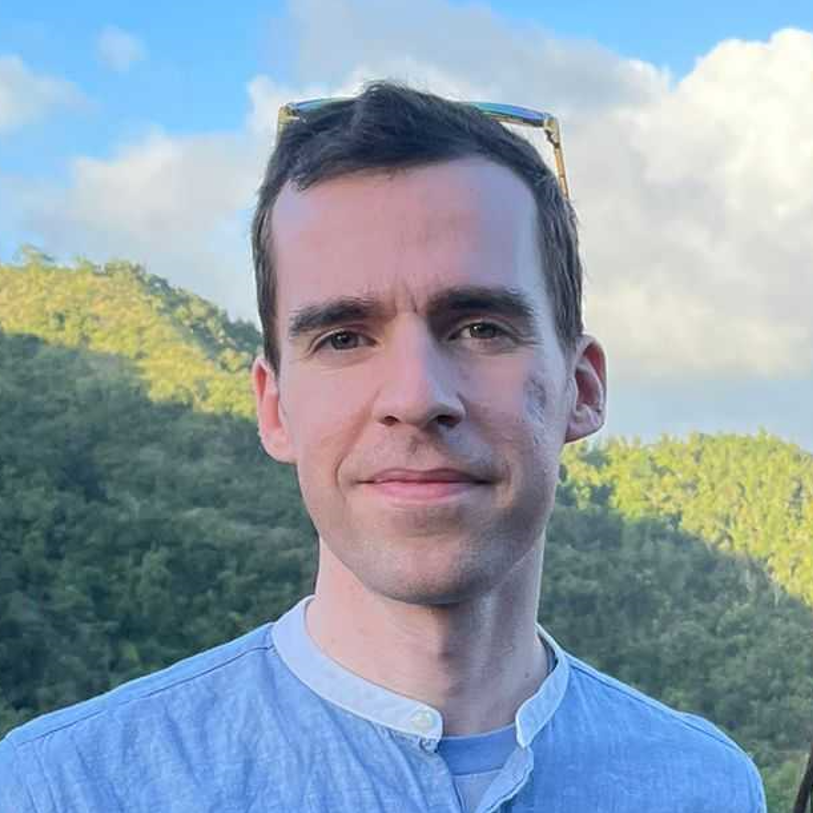
Cameron Smither
Cameron is a former Director of Assessment and Network Engagement at AASCU and postsecondary researcher at the American Institutes for Research. He brings expertise in cross-institutional learning, data strategy, and performance measurement—helping colleges use evidence to drive equity and strengthen effectiveness.

Mandee Eckersley
Mandee is a former Gates Foundation Postsecondary Success program officer and has worked closely with higher ed administrators, faculty, and students for more than 25 years. From developing high impact marketing programs to building cross-cutting strategic initiatives, she has enjoyed leadership roles at large private sector companies, early-stage start-ups, and in philanthropy.
PARTNER SPOTLIGHT
Mid-Level Leaders Design Network
Mid-level leaders (MLLs) are uniquely positioned to break down silos and foster cross-functional collaboration, making them essential drivers of institutional transformation. They often champion efforts that engage constituents across different units to identify organizational challenges and in turn develop and implement equitable change.
This insight, surfaced through the Frontier Set, led to a research and design project focused on understanding and equipping MLLs for their pivotal role as principal drivers of transformation. It pioneered a first-of-its-kind, user-centered, equity-focused process that empowers MLLs to co-create practical tools for advancing equity-centered student success (ECSS). Read the reports below for more info!
This report examines organizational practices and routines at 23 institutions revealing challenges faced by MLLs in advancing equity-centered student success initiatives, including competing institutional objectives, utilizing holistic data, institutionalizing faculty involvement, navigating obstacles in initiative operations, all while supporting the intentional redesign of student support units.
This summary captures a collaborative design workshop where MLLs addressed the most urgent challenges identified in the research report, previously shaped into actionable opportunity briefs. This collaborative approach culminated in a collection of elaborate product ideas. Those ideas deemed the most crucial and applicable were given priority by the user group and have been transformed into a toolkit specifically for MLLs.
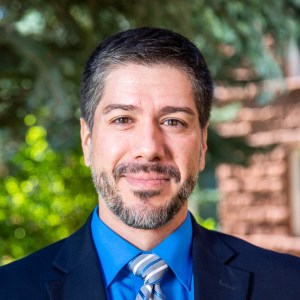
John Georgas
Vice Provost, Academic Operations, Northern Arizona University
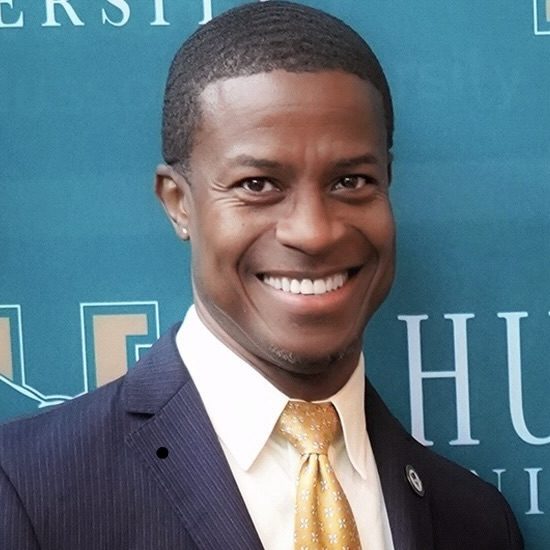
Victor M. Brown, Ph.D., M.B.A.
Vice President for Academic Affairs and Provost, Husson University
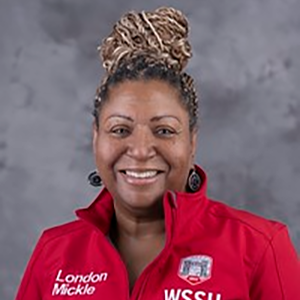
London Mickle
University Program Specialist, Winston-Salem State University
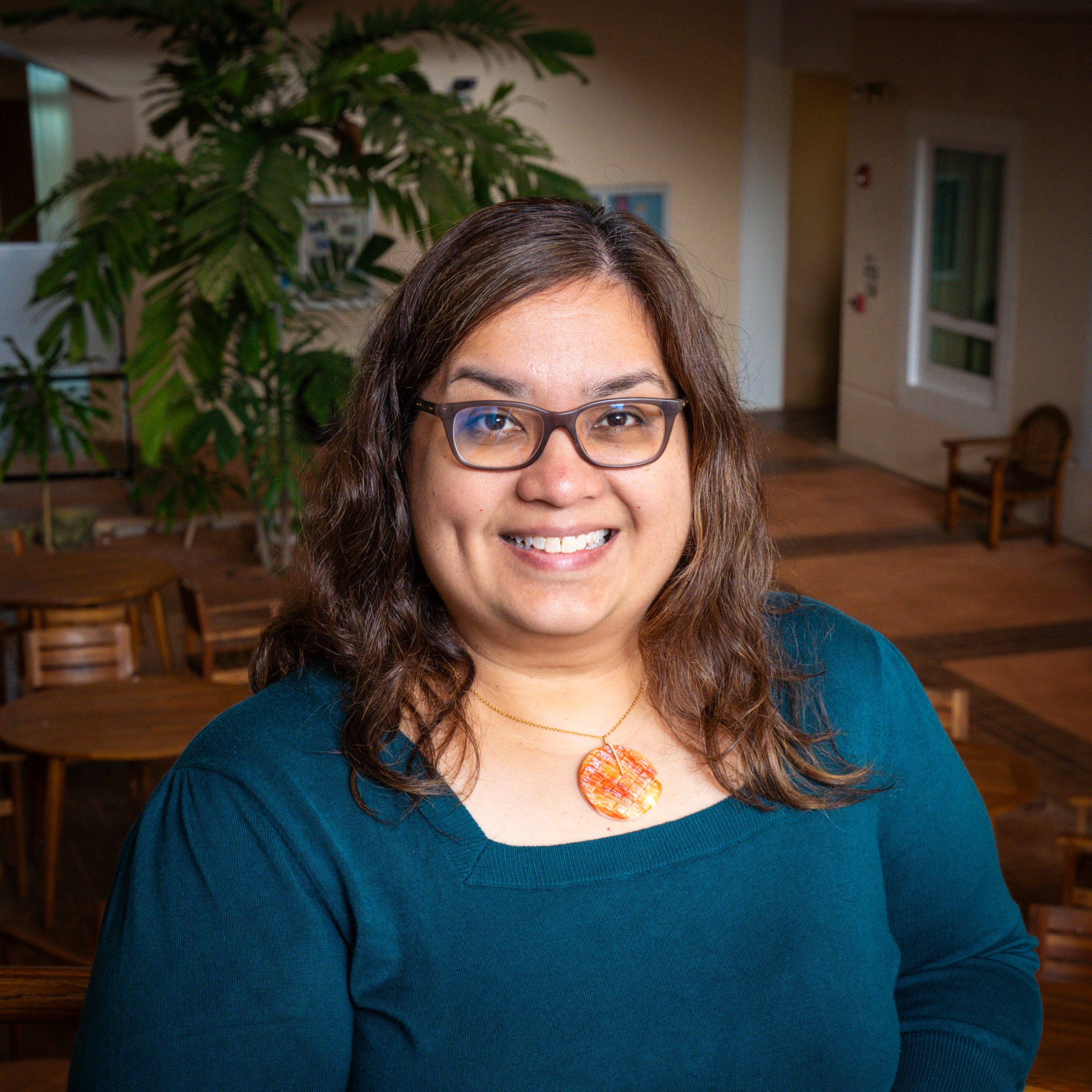
Mary Therese F. Cruz, Ph.D.
Associate Dean, College of Liberal Arts and Social Sciences, University of Guam

Patricia “Trish” Burke-Williams
STEM Advising Manager, Sinclair College
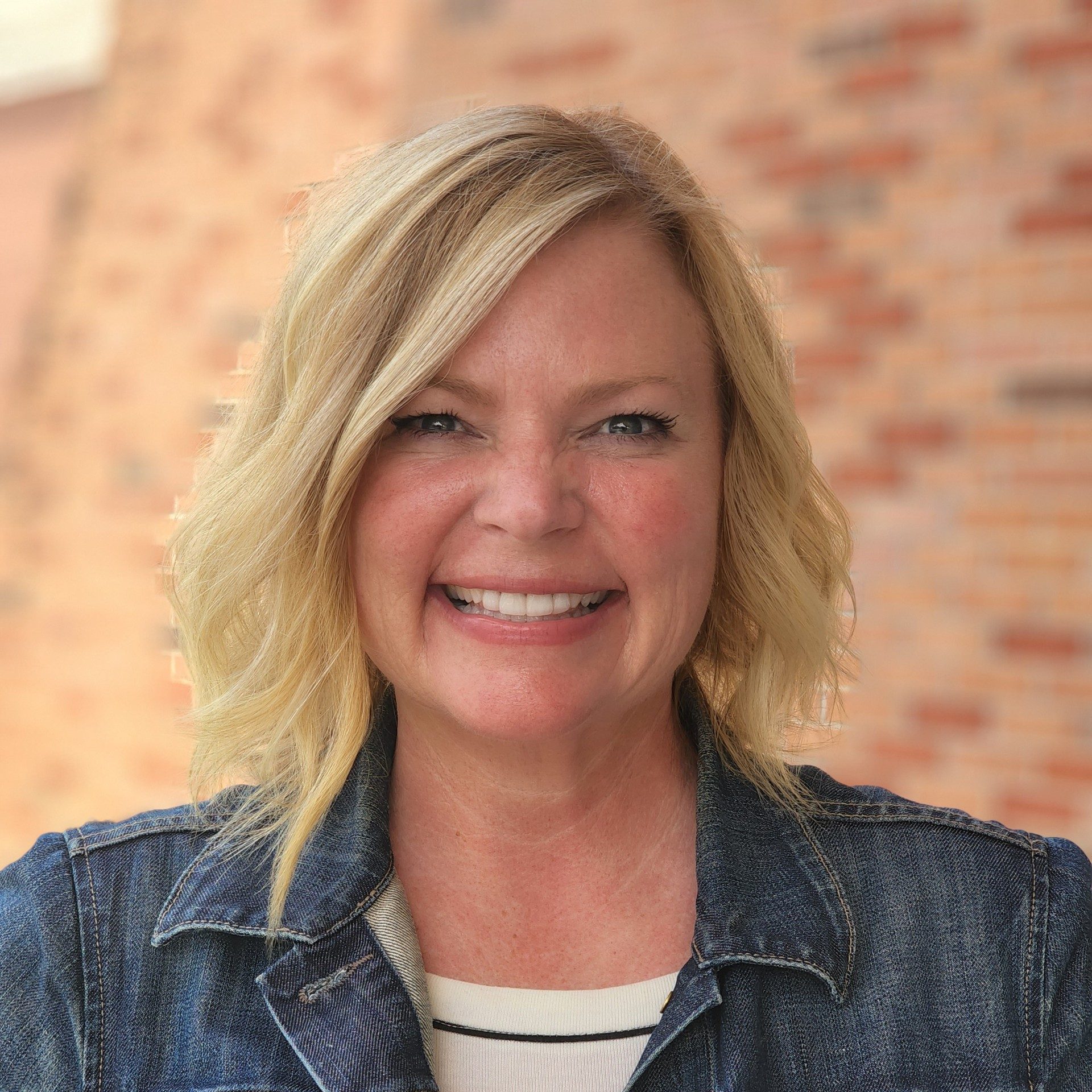
Catherine Preston
Executive Director Academic Advising & Career Development, University of South Alabama
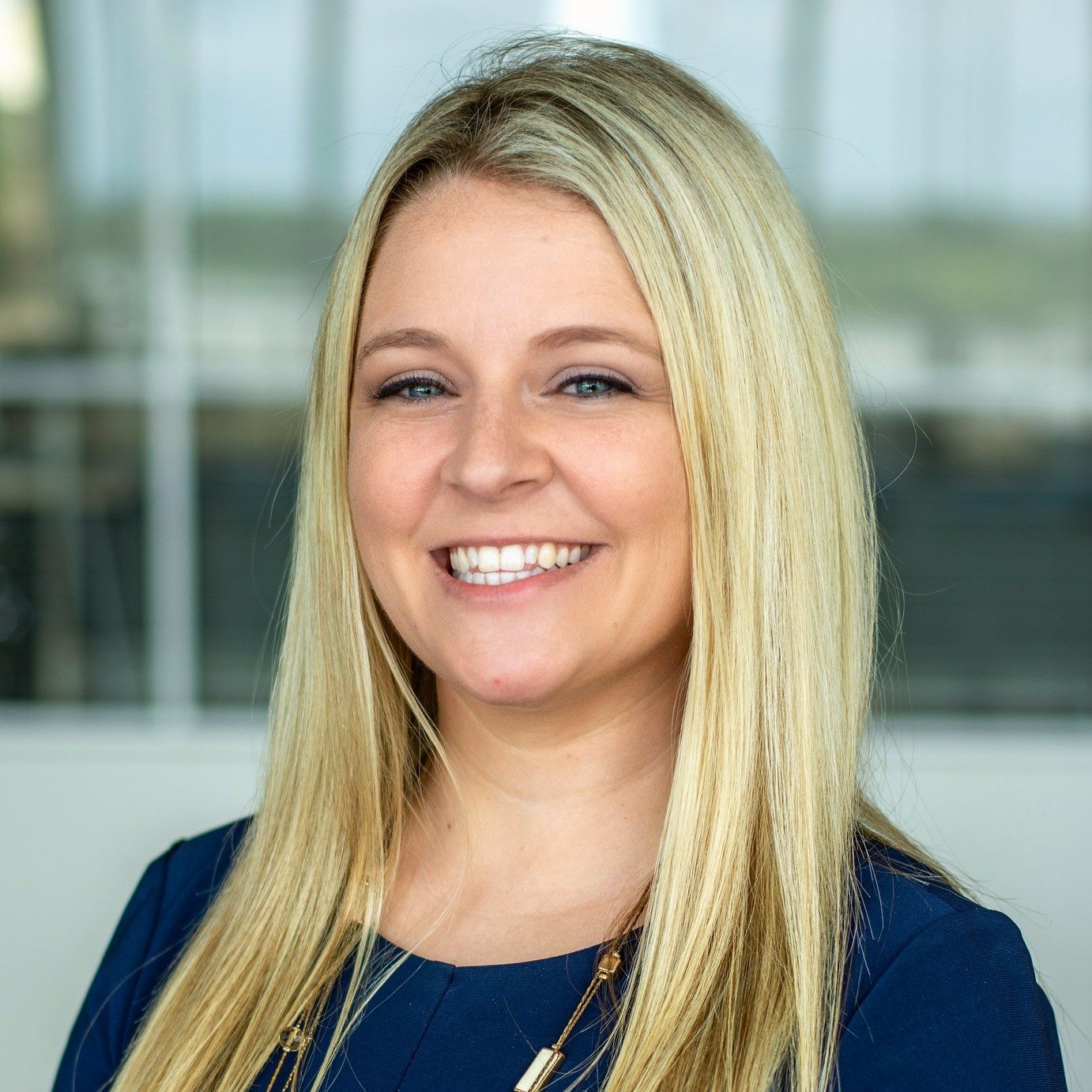
Kaitlyn Pereyra
Senior Director, Student Success Operations and Strategy Florida, International University
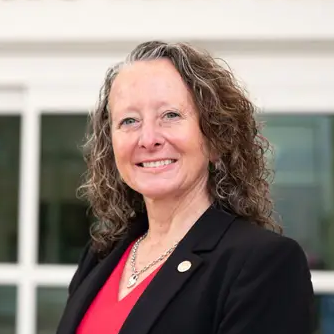
Nicole Carr
Associate Vice President, Student Academic Success, University of South Alabama
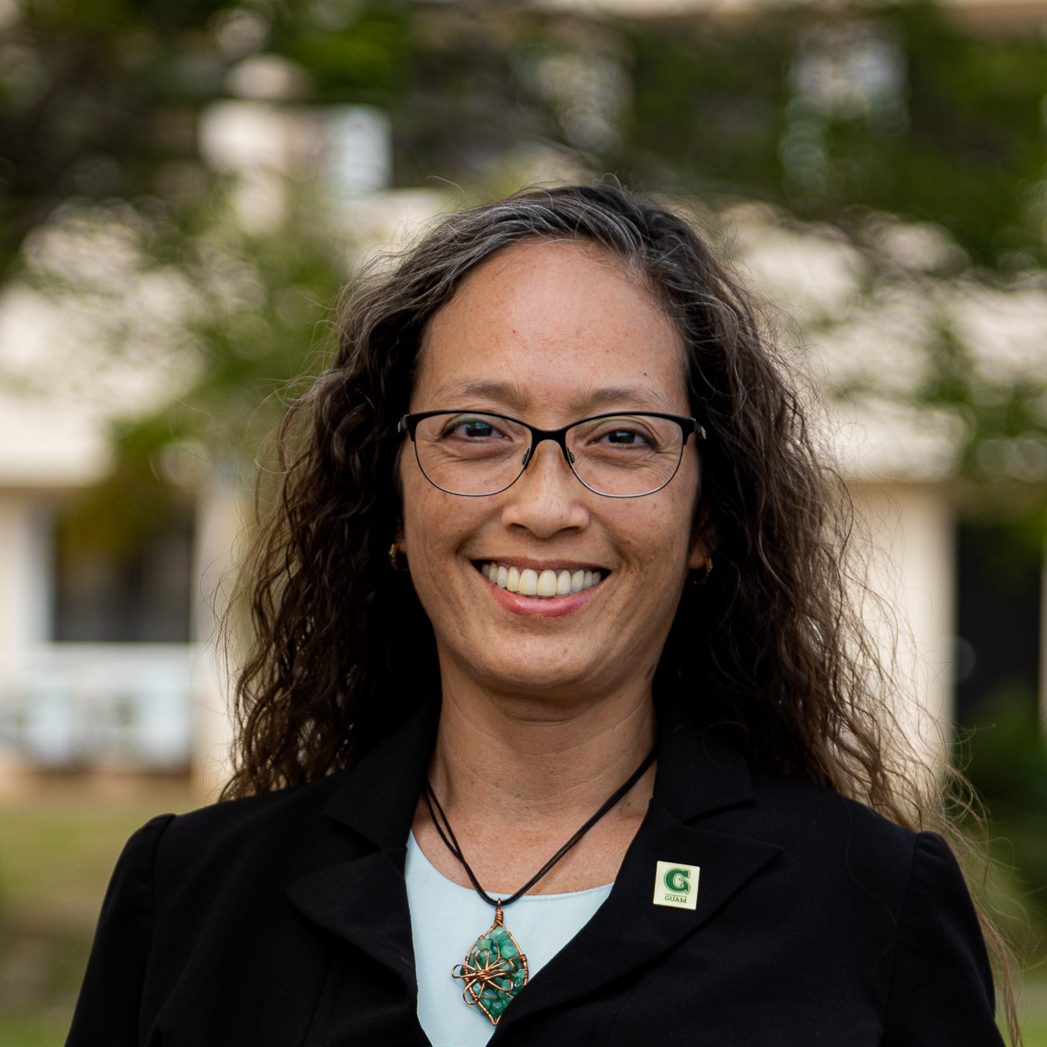
Marlena Pangelinan
Vice Provost for Institutional Effectiveness, University of Guam
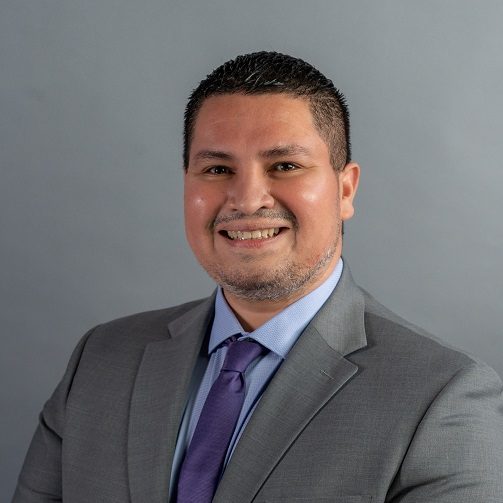
Guillermo “Willie” Martinez III
Associate Vice Chancellor, Student Engagement & Academic Success, Austin Community College
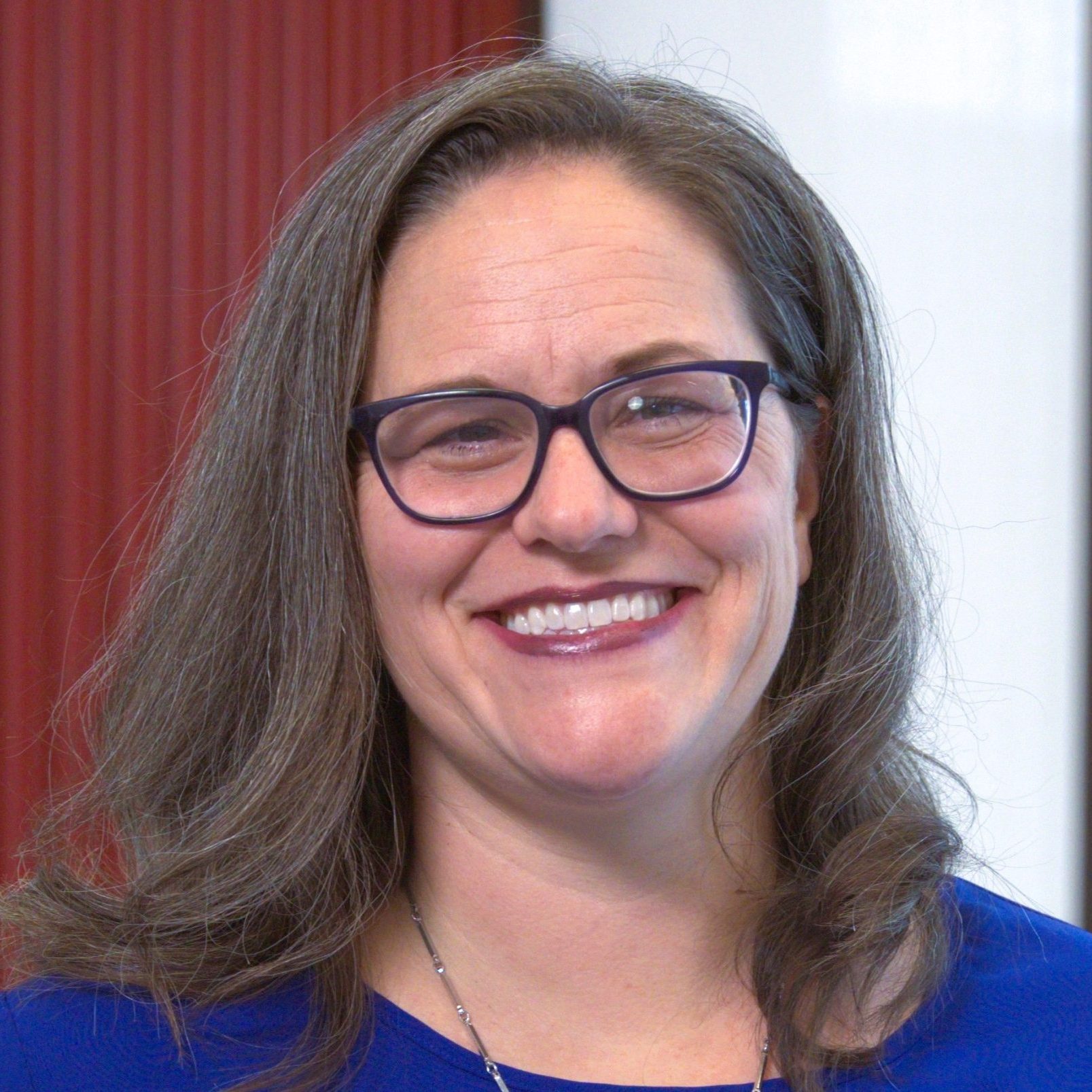
Karla Knepper
Director of Academic Advising, Sinclair Community College
PARTNER SPOTLIGHT
Frontier Set Intermediaries
From 2015 to 2021, the Frontier Set was supported by six intermediary organizations with deep expertise in equity and institutional transformation. These partners selected, convened, and supported institutions committed to improving outcomes for Black, Latino, Indigenous, first-generation, and low-income students.
More than technical assistance providers, intermediaries served as trusted collaborators—building relationships, facilitating shared learning, and translating learning and insights into actionable strategies for the field. Their leadership helped align transformation efforts across a diverse set of institutions and systems.
Grounded in professional expertise and lived experience, they centered equity not only in outcomes but in how change was led and sustained. Today, these leaders continue to shape the future of student success across philanthropy, policy, and practice.
- American Association of State Colleges and Universities
Robin Ellis, Ed.D.; Jacquelyn Jones, Ph.D. - Association of Public and Land-Grant Universities
Shannon Looney; Andréa Rodriguez, Ph.D. - Center for Innovation in Postsecondary Education
Kathy Thompson, Ph.D. - State Higher Education Executive Officers Association
Lynne Weisenbach; David Tandberg, Ph.D. - The Aspen Institute
Keith Witham, Ph.D.; Travis Olson; Emily Parrot, Ph.D. - University Innovation Alliance
Anna Drake Warshaw, Ph.D.; Tiffany Polite, Ph.D.
PARTNER SPOTLIGHT
CBD and Frontier Set Institutions
Completion by Design (CBD) brought together nine two-year colleges in Florida, North Carolina, and Ohio to pilot a whole-college redesign rooted in Guided Pathways. Using the Loss/Momentum Framework, institutions aligned programs and services to improve the student experience from connection to completion laying the groundwork for equity-centered transformation.
The Frontier Set (FS) built on CBD’s foundation, uniting 29 colleges and universities and two state systems to pilot the Institutional Transformation Framework (ITF). FS institutions used the ITF to align strategy, structures, and student experience through evidence-based practices and strengthened internal capacities moving from isolated reforms to integrated, sustainable change.
